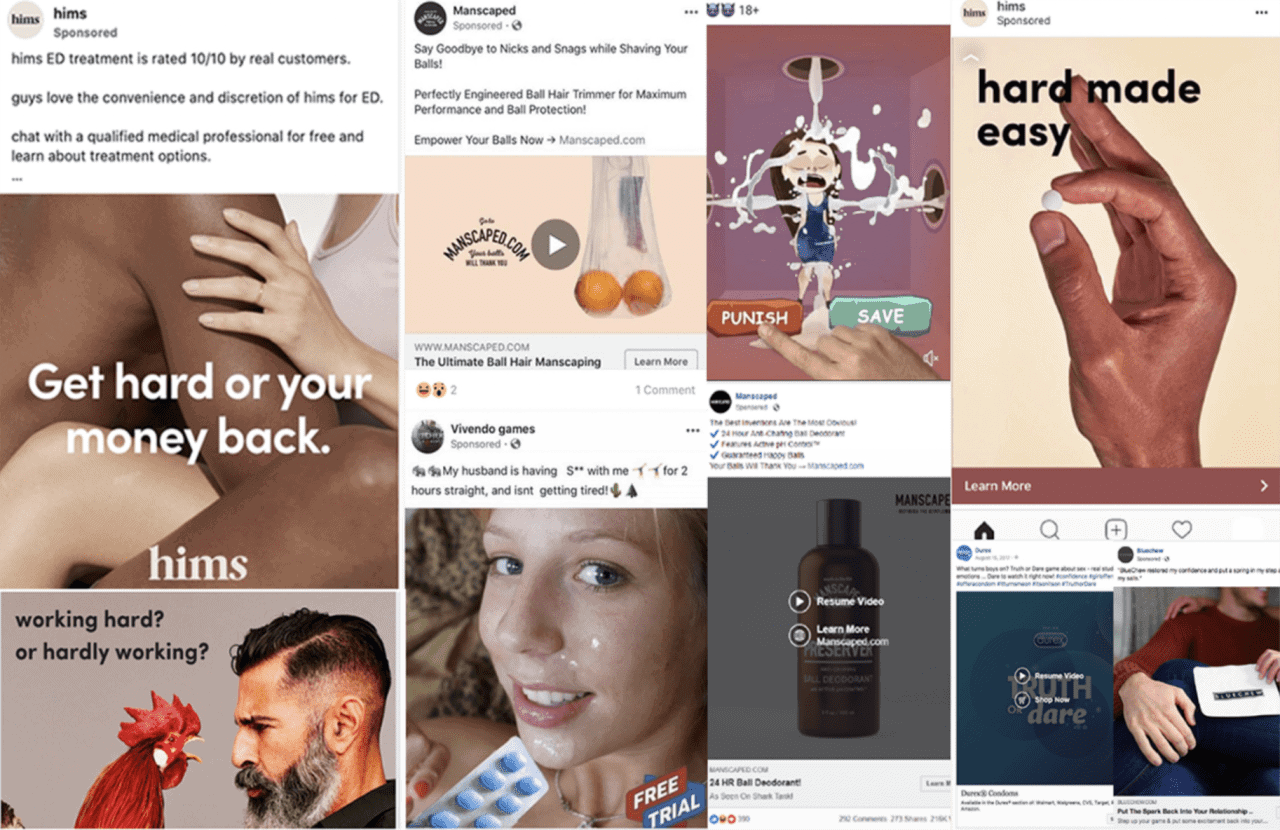Facebook has been accused of harbouring “sexist undertones” in its advertising policies and implementation, following it banning certain adverts for sexual wellness products.
The Center for Intimacy Justice (CIJ), which researches sexual health discrimination in business, surveyed and interviewed staff at women’s sexual health companies and compiled examples of ads they created that had been blocked from appearing on Facebook. The research was conducted in partnership with the pelvic floor physical therapy company Origin.
Jackie Rotman, founder of the Center for Intimacy Justice, said that the kinds of sexual wellness adverts allowed and not allowed on Facebook showed that there were “sexist undertones and a lack of understanding about health” within the platform’s advertising structures.

She told the New York Times that this was a “systematic problem”, and similar issues have indeed been raised before. In 2019 sextech staff and advocates of sextech startups including Dame Products protested against Facebook for banning adverts for vibrators.
The CIJ’s research showed that adverts banned from Facebook included ads for pelvic floor muscle technology companies, endometriosis diagnoses services and menopause services. Meanwhile adverts for erectile dysfunction treatment promising to make users “get hard”, and products designed to help you “shave your balls”, were allowed.
Facebook’s advertising rules state that: “Ads must not promote the sale or use of adult products or services. Ads promoting sexual and reproductive health products or services, like contraception and family planning must be targeted to people 18 years or older and must not focus on sexual pleasure.”
The rules state that an advert encouraging users to “practice safe sex with our brand of condoms” would be allowed. An advert promising “condoms, sex tips and more. Pleasure guaranteed!” would not be permitted.

The CIJ said that all of the 60 sexual wellness companies it spoke to for its research had had an advert banned from Facebook. Half of them had had their Facebook advertising accounts suspended.
Facebook told the New York Times: “We welcome ads for sexual wellness products but we prohibit nudity and have specific rules about how these products can be marketed on our platform.”
While much modern sextech company marketing focuses on openly embracing masturbation and sexual pleasure, in certain area of tech industries promoting pleasure is still seen as an obstacle.
The huge annual US tech industry showcase Consumer Electronic Show allows some sextech products to be showcased, but bans products that resemble anatomically correct genitals.
In 2021 Dame Products settled a lawsuit with New York’s Metropolitan Transport Authority and was allowed to advertise its sex toys on the city’s subway system. However, the company was not allowed to explicitly describe its vibrators’ functions or show detailed images of them, leading to ads heavy on suggestion.
Read Next: Sextech is just the latest buzzword to many brands // Celebrities are the acceptable face of female pleasure






Leave a Reply